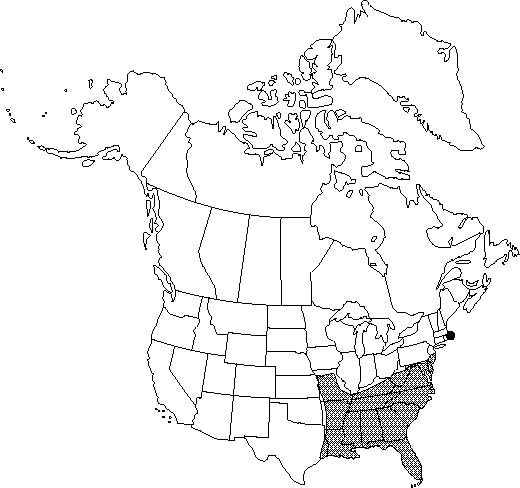Difference between revisions of "Nelumbo nucifera"
Fruct. Sem. Pl. 1: 73. 1788.
FNA>Volume Importer |
FNA>Volume Importer |
||
| Line 38: | Line 38: | ||
-->{{#Taxon: | -->{{#Taxon: | ||
name=Nelumbo nucifera | name=Nelumbo nucifera | ||
| − | |||
|authority=Gaertner | |authority=Gaertner | ||
|rank=species | |rank=species | ||
| Line 54: | Line 53: | ||
|publication year=1788 | |publication year=1788 | ||
|special status=Introduced | |special status=Introduced | ||
| − | |source xml=https://jpend@bitbucket.org/aafc-mbb/fna-data-curation.git/src/ | + | |source xml=https://jpend@bitbucket.org/aafc-mbb/fna-data-curation.git/src/f50eec43f223ca0e34566be0b046453a0960e173/coarse_grained_fna_xml/V3/V3_394.xml |
|genus=Nelumbo | |genus=Nelumbo | ||
|species=Nelumbo nucifera | |species=Nelumbo nucifera | ||
Revision as of 21:27, 16 December 2019
Leaves: petiole to 2 m or more. Leaf blade to 6 dm or more. Flowers: tepals normally all caducous, pink, pink-tinged, or fading to white, 1-13 cm; anthers 1-2 cm. Fruits ovoid, 10-20 × 7-13 mm, mostly more than 1.5 times longer than wide; receptacle to 1 dm diam. at maturity, gradually tapered or rounded from flattened top to base, base rounded or very slightly obtuse-tapered, lateral surface rugose or only weakly striate.
Phenology: Flowering late spring–summer.
Habitat: Ponds and lakes
Elevation: 0-400 m
Distribution

Ala., Ark., Fla., Ga., La., Md., Mass., Miss., Mo., N.J., N.C., S.C., Tenn., Tex., W.Va., naturalized, s Europe, Asia, n Australia.
Discussion
Nelumbo nucifera is an ornamental species sporadically naturalized from cultivation over the area mapped in the southeastern United States. Although Virginia, Kentucky, and Delaware are within the range, I know of no collections from Virginia or Delaware and of no wild-growing specimens of N. nucifera in Kentucky. The species was listed in a flora of New York (R. S. Mitchell 1986); I have not seen a voucher specimen for the report.
The seeds of Nelumbo nucifera have been shown to remain viable for several hundred years under certain conditions (D. A. Priestley and M. A. Posthumus 1982).
Selected References
None.